The convergence of blockchain technology and the Internet of Things (IoT) has ignited a revolution in the way we connect and secure devices and data. In this article, we explore how this dynamic duo is reshaping industries and enhancing the promise of a hyperconnected world.
The IoT Revolution: A Brief Overview:
The Internet of Things refers to the network of interconnected devices, sensors, and systems that communicate and exchange data without human intervention. From smart thermostats and wearable devices to industrial sensors and autonomous vehicles, IoT has permeated nearly every aspect of our lives.
The Challenge of IoT Security:
As IoT devices proliferate, so do security vulnerabilities. Many IoT devices lack robust security measures, making them susceptible to cyberattacks. Blockchain offers a solution by providing a secure and immutable ledger to record and verify device interactions.
Enhancing Security with Blockchain:
Blockchain’s decentralized and tamper-resistant nature makes it an ideal technology to fortify IoT security. Each transaction or data exchange between IoT devices can be securely recorded on the blockchain, ensuring data integrity and authenticity.
Immutable Data Records:
One of the core strengths of blockchain is its ability to create immutable records. In an IoT context, this means that once data is written to the blockchain, it cannot be altered or deleted. This feature is invaluable in industries where data accuracy is critical, such as healthcare and supply chain management.
Supply Chain Transparency:
Blockchain-IoT integration brings transparency to supply chains. Each step in the supply chain can be recorded on the blockchain, providing a tamper-proof record of the journey from manufacturer to consumer. This transparency enhances trust and accountability.
Smart Contracts for IoT:
Smart contracts, self-executing contracts with predefined rules, are a game-changer for IoT. They enable devices to autonomously enter into agreements and execute actions based on predefined conditions. For example, an IoT-enabled vending machine could automatically reorder products when inventory runs low.
Decentralization and Data Ownership:
In a traditional IoT ecosystem, data is often controlled by a central authority. Blockchain decentralizes data storage and ownership, empowering users to have greater control over their data. Users can grant and revoke access to their data on their terms.
Energy Efficiency:
Blockchain’s consensus mechanisms are energy-intensive, but I.o.T can offset this by optimizing energy usage. For instance, smart grids can leverage IoT sensors to efficiently distribute energy based on real-time demand.
Challenges and Scalability:
While the potential of blockchain IoT integration is immense, it’s not without challenges. Scalability and interoperability remain key issues to address as the network grows. Solutions like sharding and layer-two solutions are being explored to improve scalability.
Industry Applications:
The fusion of blockchain and IoT has far-reaching applications:
Healthcare: Secure and interoperable health records
Manufacturing: Real-time supply chain monitoring
Smart Cities: Efficient urban planning and management
Agriculture: Precision farming and crop monitoring
Transportation: Autonomous vehicles and logistics optimization
Future Prospects:
The synergy between blockchain and I.o.T holds the potential to revolutionize how we live and work. As these technologies continue to mature, we can anticipate a world where devices seamlessly interact, data is secure, and trust is inherent in digital transactions.
Conclusion:
Blockchain and the Internet of Things are a potent combination, reshaping industries and pushing the boundaries of what’s possible in the digital realm. As we navigate this transformative landscape, it’s crucial to stay vigilant about security, scalability, and ethical considerations. The future is bright for a world where connectivity and security go hand in hand, thanks to the fusion of blockchain and I.o.T. And more amazing topics and stories read so visit FinBiz Tech.



